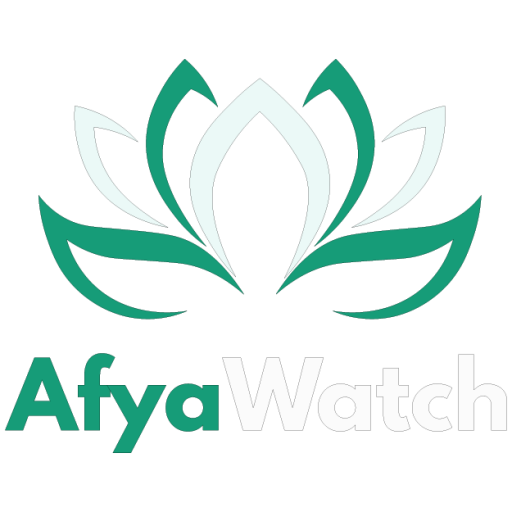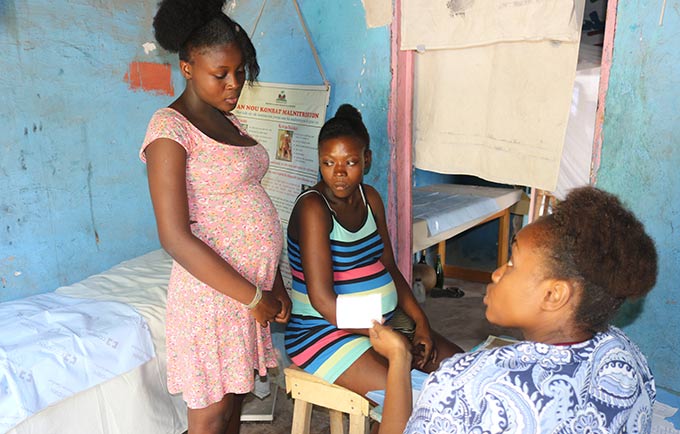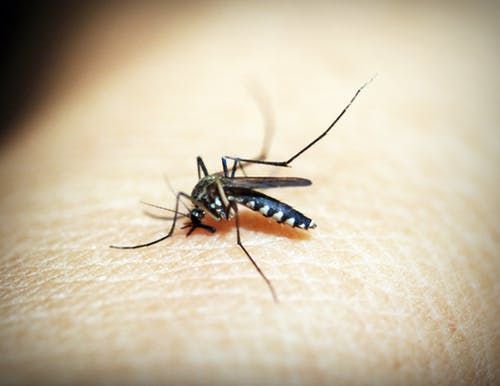I grew up in Mlango Kubwa, Nairobi’s Eastlands. I was immersed in the everyday lives of teenagers who wanted to be more than the environment offered them.
I saw some of the girls I played with go through teenage pregnancy. Others got ravaged by HIV/Aids. Prostitution was an open secret.
The environment was disabling. Yet in all that, I saw myself as a strong African girl who could reach beyond the stars. My parents wholeheartedly supported my dreams. I got a good education, went ahead to become an HR specialist.
But I wanted to do more. I wanted to work with teenagers. I yearned to return to the place of my birth and work with the people I had left behind.
WHY TEENAGERS?
I see myself in them in every way. What would have been the story of my life if I did not have my parents support? If I did not have a good education?
I know and understand how and why society often condemns those who come from backgrounds like mine to a lifetime of want. I believe, if I survived, I can at the very least make them aware that they can too.
I went back to school to study International co-operation and development. I graduated with masters and started my organization- Impacting Youth Trust.
It wasn’t the easiest way to get into my servant leadership role but it made sense to me to be in a position to influence others. My dream has always been to impact the lives of the youth. If I can fill the gaping gap that I grew up witnessing, I am content.
We partner with established institutions like schools to access the youth. The interdisciplinary connections between education, SRHR (Sexual and Reproductive health rights) and tech are very clear to me. I know, if well harnessed, they can engineer change in society.
Consequently, we have used geospatial mapping to highlight schools we consider high-risk security areas in Starehe constituency. In some schools, the lack of a perimeter wall has contributed to the risk of attacks in the school’s grounds. By intervening, the leadership in the area had a shift in the development agenda that focused on improving the school’s infrastructure as a way to mitigate these challenges.
Additionally, we are implementing a STEM program in partnership with Siemens Stiftung that encourages a child-centred approach towards education. It encourages inquiry-based learning. This type of training encourages teachers to create an environment that is conducive to children’s needs. This has assisted in how receptive they all are to questions including those on sexual rights and reproductive health from teenagers.
WE MUST ENGAGE
This is a crucial time to engage in the conversation about Sexual and Reproductive Health Rights, SRHR. I am very aware of how much a taboo this topic is. It is often veiled in cultural and religious nuances. As a result, we have a sexually active population of youth who are ignorant of the consequences.
The assumption in the Kenyan society is that teenagers are children who don’t know about sex and are not aware of their sexual and reproductive anatomies.As a result, teenagers are stigmatized for asking questions and seeking information regarding their sexuality and reproductive system.
The laws that should govern Sexual and Reproductive Health and Rights are barely implemented because the community is poorly educated on these issues. Religious groups choose how to package the information and often it is not reflective of the realities on the ground.
These gaps have seen a rapid increase in the HIV/AIDS infections amongst teenagers in Kenya.
Statistics from the National Aids Control Council show that approximately 29% of all new HIV infections here in Kenya are among young people and adolescents. The main transmission mode is sexual intercourse.
Sexual abuse is rampant. The worrying attitude towards Sexual Reproductive Health Rights should be a concern for anyone who is keen on education, teenage sex, and marriage, the spread of disease and the overall development of our youth.
WE SHOULD KNOW
1. Teenagers have a voice and we need to amply this voice. Otherwise, we have failed them in assuming that we can fully represent them without their contribution being captured.
2. The society urgently needs to come up with SRHR interventions tailor-made for teenagers so as to avoid the tragedy that we are heading towards. Recognize teenagers as a group on their own with unique features and needs. This is the future workforce of our country it must be nurtured and heard.
3. Organizations working in SRHR have to work together towards a common solution. It’s unfortunate that I have observed the type of selfishness and unprofessionalism that drives some organizations working in the space. And it’s often at the expense of those who really need a helping hand or a voice in matters relating to SRHR.
4. Sexual and Reproductive Health Rights for teenagers should be given the attention it deserves. Often times, it is overtaken by other issues and as a result, is rarely discussed in-depth in health forums, girls’ forums or women’s forum. Yet, it contributes to the quality of life of each boy and girl in Kenya, Africa and globally. Its contribution towards quality life or the lack of it cannot be ignored and therefore needs to be discussed openly and exhaustively in forums dedicated to this cause.













